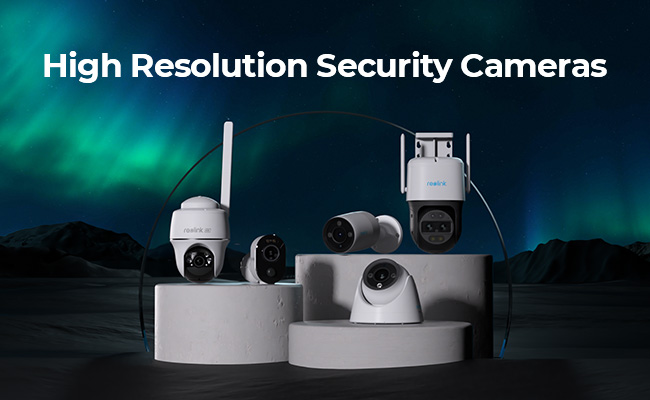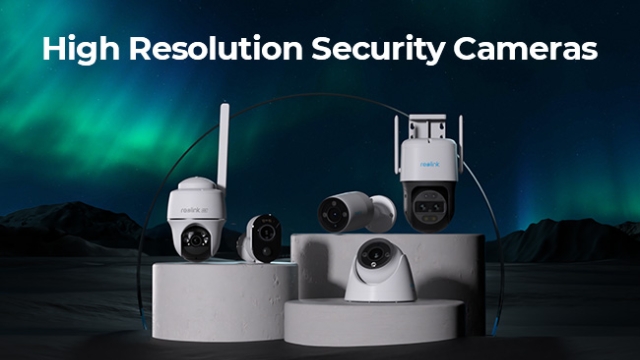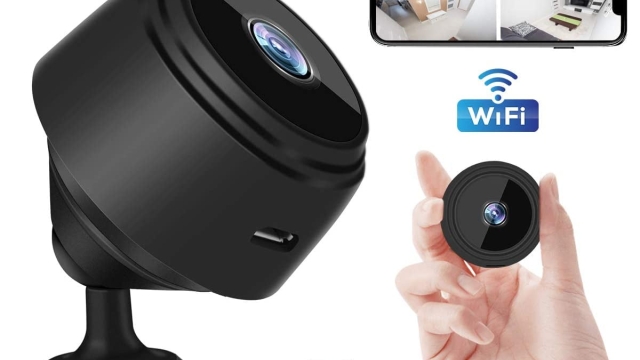
In an age where safety is paramount, security cameras have become an everyday fixture in our lives. From bustling city streets to the serene backyards of suburban homes, these unblinking eyes are always watching, recording, and deterring. The presence of security cameras not only provides peace of mind for individuals and families but also plays a significant role in crime prevention and community safety.
But their influence extends beyond mere surveillance. Security cameras have the power to alter perceptions and behaviors, shaping how we interact with our environments. As we delve into the surprising impact of these devices, we’ll explore how they safeguard our properties, foster a sense of security, and even contribute to the social fabric of our communities.
The Rise of Security Cameras
In recent years, the adoption of security cameras has surged, transforming our environments from homes to businesses. This technological boom can be attributed to several factors, including advancements in camera technology, the decrease in costs, and the increased concerns about safety and security. The proliferation of high-definition cameras and the availability of features like night vision and motion detection have made these devices more appealing to everyday consumers. As a result, security cameras have become a common presence in both public and private spaces.
Security Camera Sales
Additionally, societal awareness of crime and the need for personal safety has driven many to invest in security cameras. High-profile incidents and the spread of crime statistics through various media have prompted individuals and businesses to take precautionary measures. This heightened awareness has led to a greater demand for surveillance systems that provide peace of mind, helping people feel more secure in their choices. Consequently, security cameras have evolved from specialized equipment to essential tools for many households and establishments.
Moreover, the emergence of smart home technology has further integrated security cameras into the fabric of modern living. As more people embrace smart devices, the ability to control and monitor security cameras through smartphones and tablets has become increasingly popular. This innovation allows individuals to stay connected with their property in real-time, enhancing their sense of security while also providing convenience. With the combination of technological advancements and growing safety concerns, security cameras have firmly established themselves as a vital component of contemporary life.
Impact on Crime Rates
The presence of security cameras has been shown to have a measurable impact on crime rates in various environments. Studies indicate that areas equipped with surveillance systems often experience a decline in criminal activity. This deterrent effect is primarily due to the increased likelihood of detection and accountability, leading potential offenders to think twice before engaging in unlawful behavior.
Moreover, security cameras not only help prevent crime but also aid in the resolution of incidents that do occur. Footage from these devices can provide critical evidence for law enforcement, speeding up investigations and increasing the chances of apprehending suspects. This efficiency in resolving crimes can contribute to a sense of safety within communities, reinforcing the notion that security cameras are a valuable tool against crime.
Additionally, the implementation of security camera systems extends beyond residential areas. Businesses and public spaces that utilize surveillance technology often report not just reduced theft and vandalism, but also an enhanced feeling of security among patrons and employees. This collective reassurance translates into a more vibrant community atmosphere, demonstrating how security cameras can play a significant role in fostering safer environments for everyone.
Privacy Concerns and Ethical Considerations
The proliferation of security cameras in both public and private spaces has raised significant privacy concerns. Many individuals feel that constant surveillance infringes on their right to privacy. As cameras become more ubiquitous, the line between safety and intrusion begins to blur, leaving people to wonder whether their daily activities are being monitored without their consent. The knowledge that one is always being watched can alter behavior and create a sense of discomfort in environments that were once regarded as private.
Furthermore, the ethical implications of security camera usage are profound. Companies and government agencies that deploy these devices must navigate the balance between ensuring safety and protecting individual rights. Issues arise regarding how footage is stored, who has access to it, and how long it is retained. The potential for misuse of recorded footage, including harassment or profiling, prompts a discussion on the ethical obligations of those who manage such systems to establish clear and transparent policies that prioritize respect for individual privacy.
Lastly, the conversation about security cameras often intersects with broader societal themes, such as trust and surveillance culture. As people become accustomed to living under constant observation, there may be a normalization of intrusiveness that could lead to complacency regarding personal privacy. Advocates for civil liberties emphasize the necessity of maintaining robust regulations and fostering public discourse to ensure that the implementation of security cameras respects ethical standards and protects the rights of individuals while addressing genuine security concerns.



